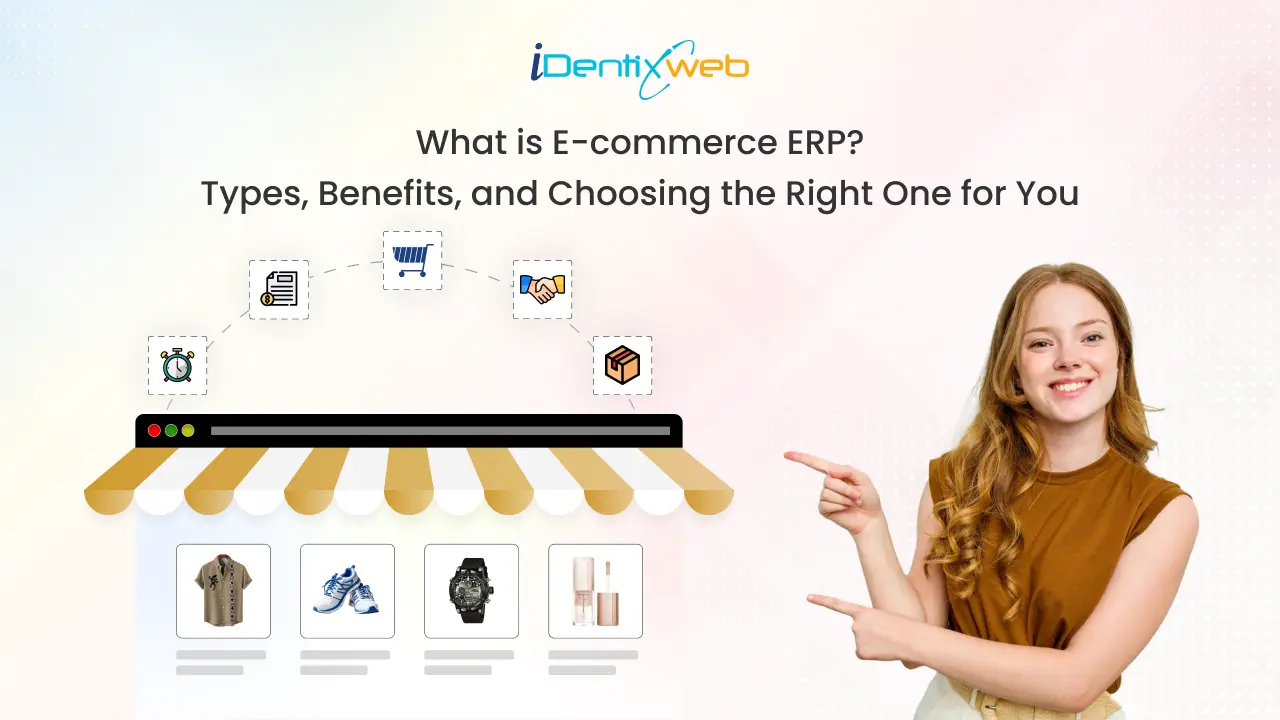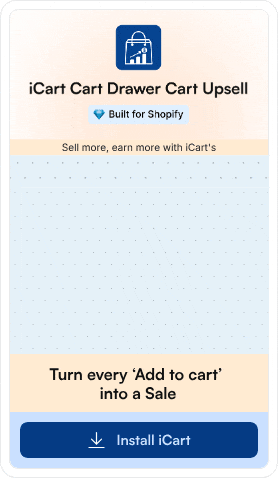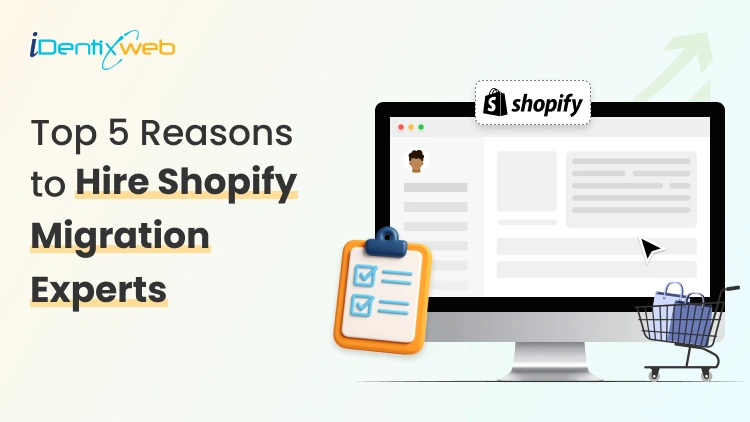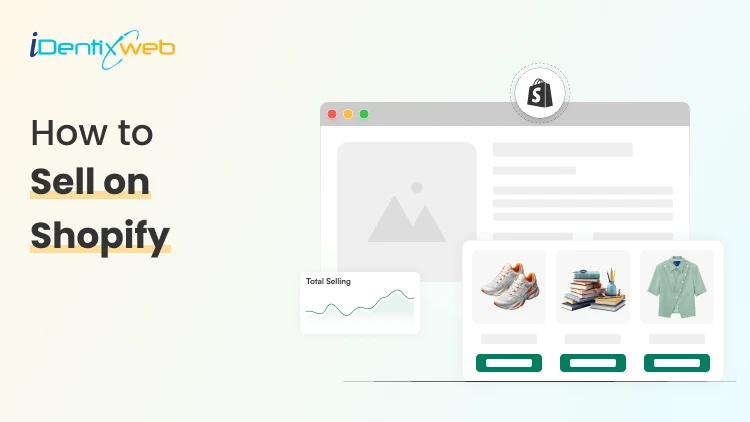
Are you struggling to manage your e-commerce inventory and supply logistics simultaneously? If yes, then you need an e-commerce ERP (Enterprise Resource Planning)
E-commerce merchants run different kinds of business operations. All companies that want to streamline these operations use ERP software. It doesn't matter if they're small, medium-sized, or large enterprises.
In this article, we will focus on e-commerce ERP. Additionally, we will also discuss its types, advantages, some of the best ERP software in the market, and how you can choose the right one.
So, what exactly is an e-commerce ERP system? Let’s break it down.
What is an E-commerce ERP System?
An e-commerce ERP system is software that e-commerce store owners use to integrate all their business operations. These operations include sales and marketing, inventory management, CRM, finance & accounting, and more.
Enterprise resource planning and e-commerce integration are vital in the modern e-commerce landscape. In fact, a 2023 study by Oracle stated that businesses that opted to implement ERP into their business achieved a success rate of more than 85%.
Curious about the ERP options out there? Let’s dive into the main types of ERP systems and understand what fits best.
Types of E-commerce ERP Systems
On-premise ERP System
The company hosts this type of ERP system on its servers. The organization installs and runs them on devices within its premises. They are different from a cloud ERP system, which is hosted on the vendor’s servers.
An on-premise ERP system offers many benefits to the e-commerce business.
Pros
- Offers more control since it’s hosted on the company’s servers.
- Offers greater customization to fit the organization’s needs and goals.
- Offers a higher level of data security as the company doesn't rely on third-party vendors.
Sounds great, doesn't it? But let’s see what might hold you back.
Cons
- Higher investment in hardware and software to host the ERP on-premises.
- More responsibility on the internal IT team for any maintenance and upgrades.
- Not suitable for stores with different locations because of its difficulty in syncing data.
Cloud-based ERP System
This type of ERP system is hosted on the vendor’s cloud server. Organizations can access the system over the internet. The system is always online, and the vendor handles all security updates.
Cloud-based ERP offers many benefits to e-commerce store owners. Strong cloud security measures are also typically built in by vendors, helping protect sensitive customer and transactional data.
Pros
- Data is centralized. Therefore, it is easier to access data from multiple locations.
- Lower investment because of additional spending on hardware, maintenance, or IT staff.
- Scalable. As a result, e-commerce merchants can add more servers, users, and locations as their company grows.
Cons
- Less control over the system, as organizations need to work closely with the ERP vendor.
- Companies must follow strict cybersecurity laws in cloud computing to hold customer information.
- Requires significant time to train staff on managing operations on cloud-based ERP systems.
Hybrid ERP System
This is a combination of both on-premise and cloud ERP systems. If your organization already has an on-premise system, you can add cloud solutions to support your existing system. This is much better than completely switching to cloud ERP.
Pros
- Less upfront cost. Hence, companies can easily add a cloud-based ERP to their existing on-premise system.
- Offers more flexibility as companies can add some functions that work best with each system.
- More protection against data, given that data is stored in both ERP systems.
Cons
- Higher long-term costs to maintain two ERP systems.
- Difficult to maintain data integration between two ERP systems.
- Requires a skilled IT team.
So why should you care about integrating ERP into your e-commerce business? Let’s find out in our next section.
Benefits of E-commerce ERP Integration
#1 Automated Inventory Management
E-commerce merchants need enough inventory to satisfy supply and demand but not so much that it goes to waste.
Good ERP solutions have powerful predictive analytics features that help with demand forecasting. This automated inventory management helps online retailers maintain optimal inventory. Integrating AI for enterprise into these systems enables even greater precision by analyzing patterns at scale and adapting inventory strategies in real time.
#2 Easier Order Processing & Fulfillment
Customer demands are growing for quick commerce and same-day delivery. Moreover, the order channels have increased, including websites, social media, and physical stores.
Due to this, businesses cannot afford a slip-up when processing and fulfilling orders. ERP and e-commerce integration can streamline the entire order fulfillment process.
An e-commerce ERP system can:
- Process the order
- Create the invoice
- Update your inventory
- Initiate the delivery.
#3 Improved Financial Management
E-commerce ERP integration easily manages your financial data. These include sales revenue, profit & loss, invoicing, payment processing, and billing.
This makes it easier for you to manage your finances. ERP systems also help you get real-time insights on cash flow to decide where to trim costs and get maximum returns.
#4 Better Supply & Vendor Management
When dealing with vendors, you need a communication channel that fosters good collaboration. A robust ERP system does just that while also providing visibility into every stage of the supply chain.
This helps you identify the supply chain issues and solve them for seamless communication.
#5 Enhanced Efficiency
The most crucial benefit of e-commerce ERP integration is how it enhances the efficiency of your business operations.
Modern e-commerce businesses have complications in streamlining different workflows in customer relationship management, sales & marketing, order processing & fulfillment, and inventory management.
By connecting these operations, you create an efficient and faster e-commerce ecosystem that can be controlled by one software.
Now, let’s get to the list of the best ERP software currently available.
Best ERP Softwares of All Types in the Market Right Now
Oracle Netsuite

Type: Cloud
Their LinkedIn profile claims that Oracle is the world’s first cloud company. This makes NetSuite's inclusion on this list not surprising.
Its custom dashboard is intuitive and user-friendly, and improvements are made with every update.
It’s used widely in industries such as e-commerce, financial services, healthcare, and IT.
NetSuite is suitable for large organizations because it is more expensive. However, if you are a smaller organization with a limited number of employees, it is advisable to choose other options.
Odoo ERP

Type: Cloud & on-premise
Odoo is built on an open-source architecture and is known for its customization capabilities. It has a large supportive community to solve any queries related to its operation.
Odoo offers pre-built applications for e-commerce operations, such as point-of-sale and customer-relationship management.
However, open-source solutions are difficult to troubleshoot and to work on the back-end. But it’s affordable, and if you have a small team, Odoo is the best ERP solution for you.
SAP S/4 HANA

Type: Cloud, on-premise, and hybrid
If there’s one competitor to NetSuite, it would be SAP. If you are looking for an ERP system with advanced capabilities in reporting and data analytics, this is it.
SAP S/4 HANA is specifically built for large-scale enterprises and is known for its customization and scalability.
This e-commerce ERP has all deployment options available: cloud, on-premise, and hybrid. This makes it ideal for e-commerce ERP integration.
If you are a small business enterprise, go with its other version, SAP Business One, which comes with affordable pricing.
So, how should you choose the best ERP for your business? Let’s go through our concluding section to answer this question.
Conclusion: Choosing the Best E-commerce ERP System
Integration capabilities
If you want to continue using your existing ERP system, ensure your new system integrates with your existing software.
The best ERP solutions integrate well with e-commerce applications such as point-of-sale (POS), e-commerce platforms, sales & marketing tools, and project management software.
Customization
Every e-commerce business is unique. Your workflow with your tools and employees will not be similar to other companies.
Look for e-commerce ERP systems that can be customized based on your organization’s needs and goals.
Maybe you plan to upgrade your customer service to include multiple channels or expand your business market. A flexible ERP system grows alongside your business.
Cost-effectiveness
The cost of the e-commerce ERP varies depending on its capabilities and type. High cost doesn't necessarily mean a better system.
Select an ERP system that fits your budget and provides all the features you need to run your business.
Research the initial costs for setup, maintenance, upgrades, and subscription fees. Set up long-term goals to understand what you want to achieve with a particular ERP.
Customer support
The feature of a great e-commerce ERP software is its outstanding customer support.
E-commerce ERP integration can be a complex process for business owners. Ensure your ERP has excellent customer support that solves your issues through chat, email, or phone calls.
So, if you are still struggling to manage your business operations, get an ERP solution ASAP. This will save you time and resources, which you can put to good use in other areas of your business.
FAQs
1. How are enterprise resource planning and e-commerce related?
Enterprise resource planning (ERP) and e-commerce are related through integration. E-commerce ERP integration helps connect business operations and provides a single point of contact for management.
2. How to integrate ERP and e-commerce?
On-premise: ERP is integrated into the company’s servers.
Cloud-based: ERP is stored on the vendor’s cloud servers.
Hybrid: A combination of both on-premise and cloud-based ERP.
3. What is ERP e-commerce?
ERP e-commerce is an enterprise resource planning software, particularly for the e-commerce industry.
4. Which is the best ERP software for e-commerce?
Oracle NetSuite, Odoo, and SAP Business One are good examples of ERP software for e-commerce.
5. Is Shopify an enterprise resource planning software?
No. Shopify is an e-commerce solution. It can be integrated with an ERP solution like Odoo.







About the author
Vineet Nair
Vineet is an experienced content strategist with expertise in the ecommerce domain and a keen interest in Shopify. He aims to help Shopify merchants thrive in this competitive environment with technical solutions and thoughtfully structured content.